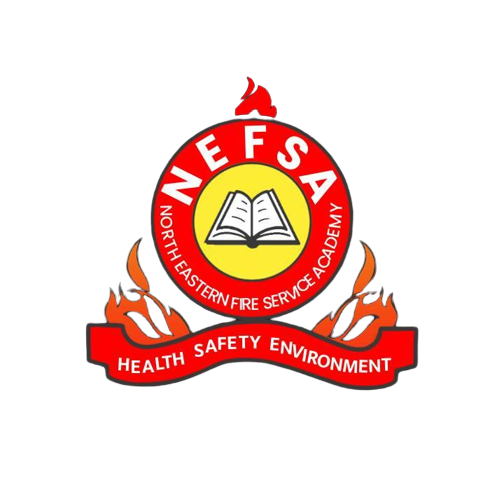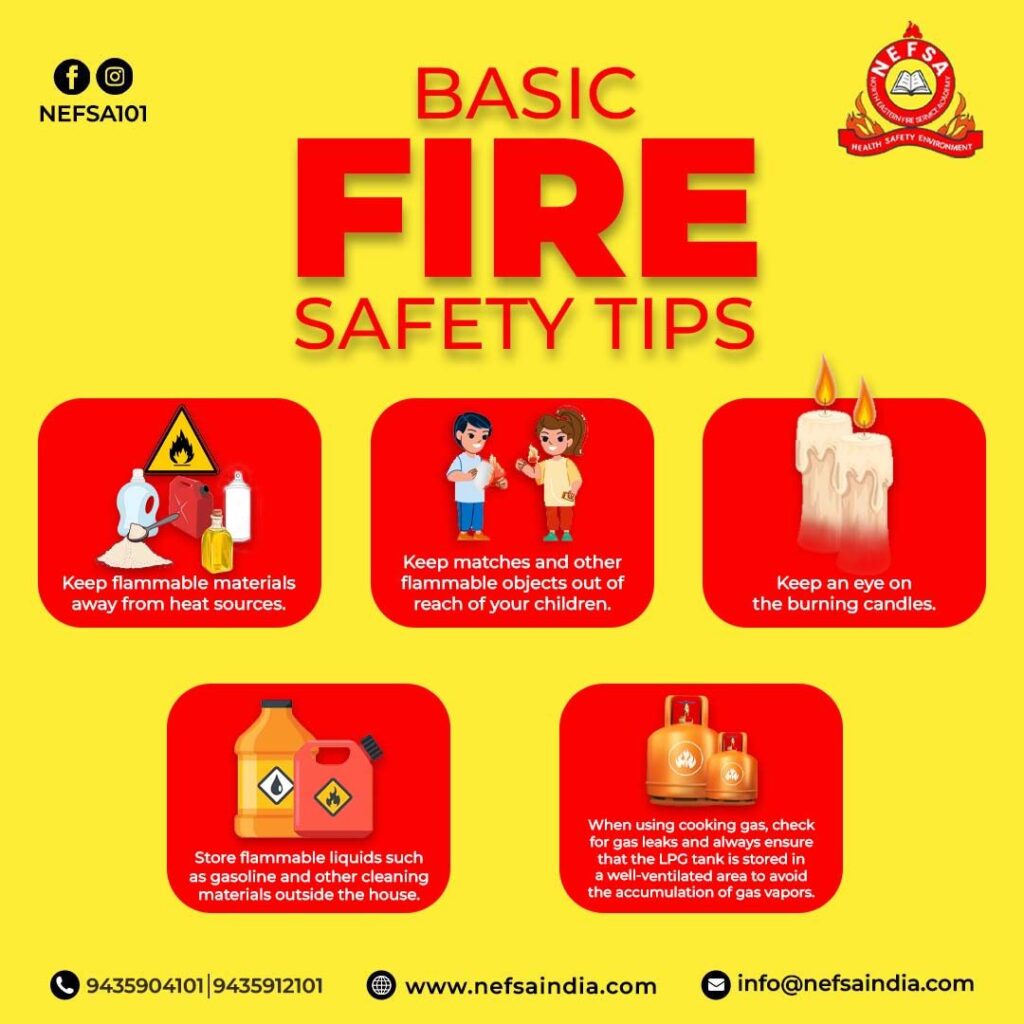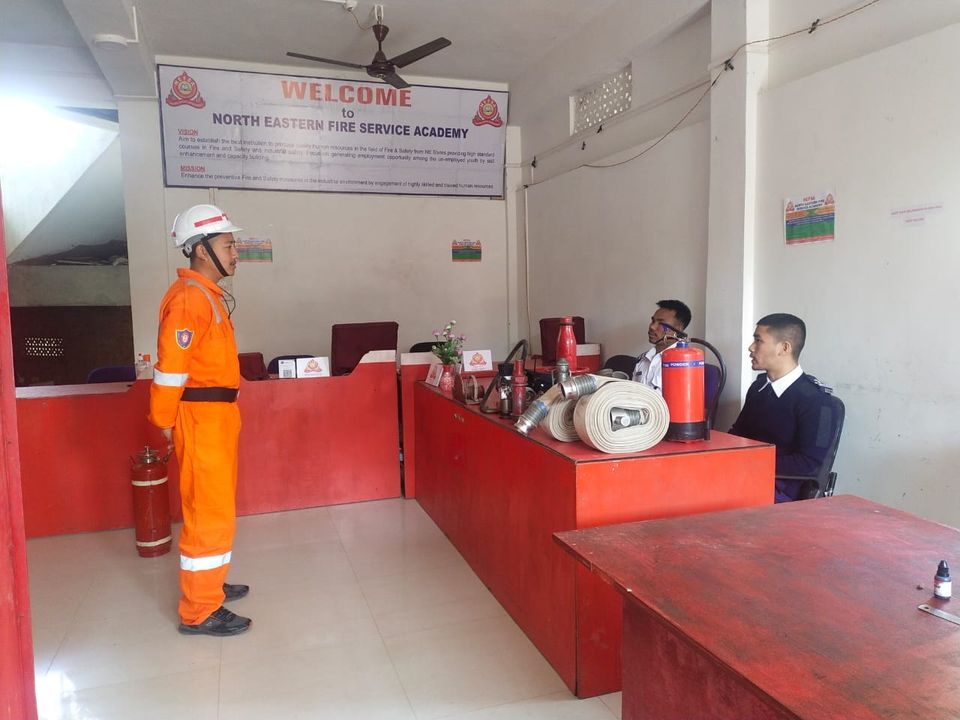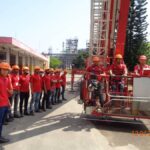To protect workers, infrastructure, and the environment against fire threats specific to the oil and gas sector, specialised
training is needed. The Dibrugarh-based NEFSA (North East Fire and Safety Academy) acknowledges the crucial significance of
fire safety in the oil and gas industries. This blog emphasises the value of the specialised instruction given by NEFSA to give
students in Dibrugarh, North East, the knowledge and abilities required to effectively avoid, deal with, and minimise fires in
the oil and gas industries.
-
Understanding the Fire Hazards in Oil and Gas Industries:
The oil and gas business is particularly prone to fire occurrences because it uses a variety of flammable materials, high-
pressure machinery, and complex procedures. Students are taught about the specific fire hazards prevalent in oil and gas facilities,
such as flammable gases, volatile liquids, ignition sources, and the dangers related to pipeline transit and storage, through
the specialised training programme offered by NEFSA.
-
Risk Assessment and Hazard Identification:
In the oil and gas industries, NEFSA’s training emphasises the value of conducting in-depth risk assessments and hazard
identification. Students gain knowledge about how to spot potential fire threats, evaluate their seriousness, and take the
necessary precautions. They learn how to identify equipment faults, leaks, poor storage techniques, and other risk factors that
could cause fires.
-
Fire Prevention and Safety Measures:
In the oil and gas sector, fire prevention is crucial. Students receive the training they need from NEFSA to successfully
apply fire protection measures. Students should receive instruction on fire safety laws, how to handle and store hazardous
materials safely, how to maintain equipment, and the significance of putting fire detection and suppression systems in place.
-
Emergency Response and Firefighting Techniques:
In the oil and gas sector, an immediate and effective emergency response is essential in the case of a fire. The training
course offered by NEFSA focuses on instructing students in appropriate emergency response procedures and firefighting methods
unique to oil and gas environments. To properly handle fire events, they are taught how to use fire extinguishers, put out
fuel-based fires, and work with emergency response teams.
-
Compliance with Industry Regulations:
Regulations and standards for safety are very strict for the oil and gas business. Students in Dibrugarh, in the North East,
are taught about these rules thanks to NEFSA. They gain knowledge of local, national, and worldwide safety regulations as well
as business norms and recommended practises for the oil and gas industries. A safe workplace and the avoidance of fire-related
events depend on adherence to these standards.
Conclusion:
NEFSA students make a significant contribution to the safety and sustainability of oil and gas operations in Dibrugarh, North East, by funding this specialised training.To protect people, property, and the environment from potential fire threats, specialised fire safety training for the oil and gas industries is essential. Students in Dibrugarh, North East, receive training from NEFSA to acquire the in-depth information and abilities required for fire prevention, emergency response, and adherence to industry laws. To join our academy click:- www.nefsaindia.com







